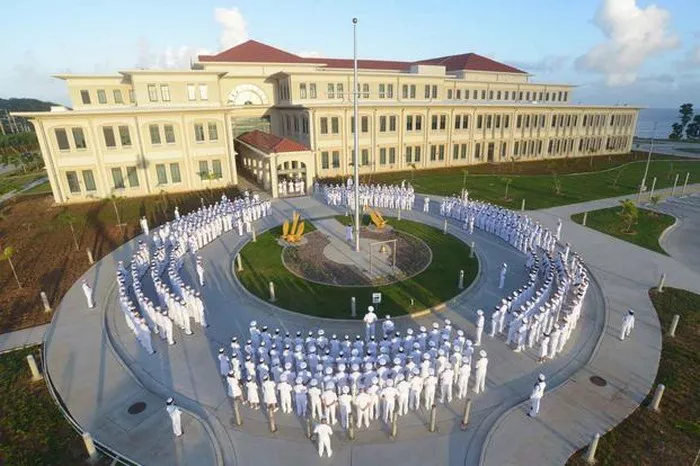Guam, a crucial outpost for the U.S. military, faces a critical gap in its healthcare services: the absence of a neonatal intensive care unit (NICU). This deficiency has recently resulted in tragic outcomes for newborns of military families stationed on the island.
In late 2022, an infant born to an active-duty military family required urgent treatment for a severe pulmonary condition. Despite efforts, Guam’s U.S. Naval Hospital, lacking a suitable NICU, was unable to provide the necessary care. A specialist neonatal team from U.S. Naval Hospital Okinawa arrived too late to transport the newborn, who tragically passed away shortly thereafter.
Similar incidents occurred earlier in the year and again in late 2023, highlighting the precarious situation facing newborns on Guam. Without access to a proper NICU, infants with critical conditions have limited options for specialized care, often resulting in devastating outcomes.
To address these challenges, the Defense Health Agency has implemented a Neonatal Stabilization Team (NeoStaT) on Guam. This team, consisting of rotating specialists including a neonatologist and NICU nurses, aims to stabilize newborns until they can be transferred to facilities in Okinawa or Hawaii equipped with advanced NICUs.
Despite these efforts, concerns persist among healthcare providers and military personnel about the adequacy of care available at Naval Hospital Guam, especially as the island anticipates an increase in military presence.
Naval Hospital Guam currently lacks the resources to establish a NICU meeting U.S. standards, relying instead on temporary solutions like the NeoStaT team. While the hospital boasts skilled medical staff capable of comprehensive care, the absence of a NICU poses significant risks for newborns requiring specialized treatment.
As the Department of Defense grapples with healthcare challenges across its global network, including staffing shortages and facility closures, the future of maternal and newborn care on Guam remains uncertain. Efforts to improve healthcare services through increased funding and strategic planning are ongoing, but the establishment of a dedicated NICU on Guam has not been prioritized.
For military families stationed on Guam, the availability of adequate healthcare, particularly for newborns, remains a critical concern. The absence of a NICU underscores the need for continued advocacy and support to ensure that all military dependents receive the highest standard of medical care, regardless of their duty station.


